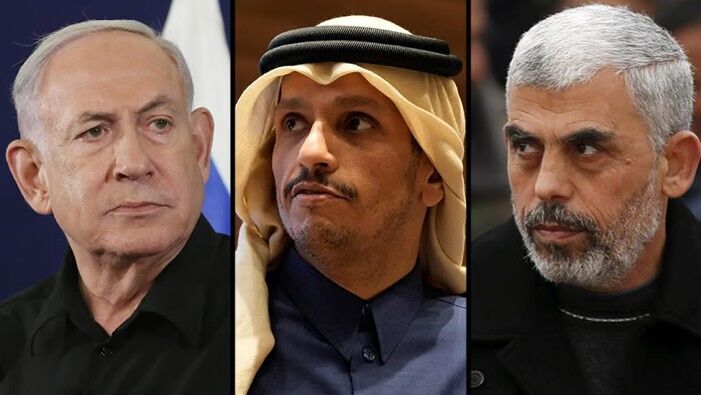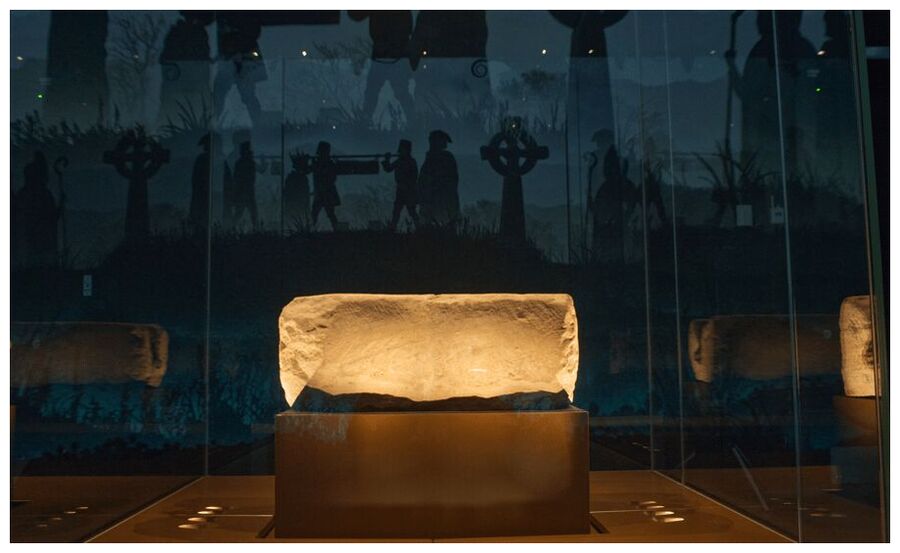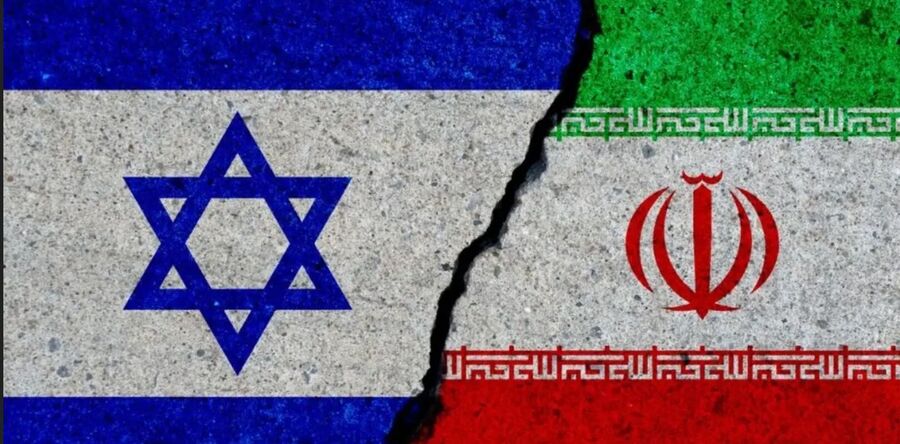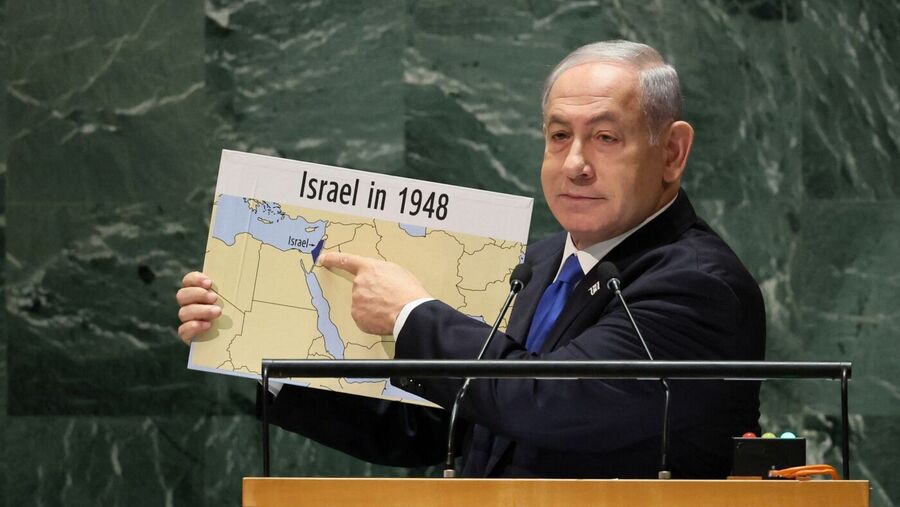A field campaign provides important new insights into the Late Neolithic period in Southeastern Europe.

© Fynn WilkesHere at the Vokány site (Hungary), the combination of standard methods, such as surface sampling and the latest geophysical technologies, provided the researchers from Kiel with important new insights into the Late Neolithic period in Southeastern Europe.
Together with cooperation partners from the Museum of Vojvodina in Novi Sad (Serbia), the National Museum Zrenjanin and the National Museum Pančevo, a team from the ROOTS Cluster of Excellence has
discovered a previously unknown Late Neolithic settlement near the Tamiš River in Northeast Serbia. "This discovery is of outstanding importance, as hardly any larger Late Neolithic settlements are known in the Serbian Banat region," says team leader Professor Dr Martin Furholt from the Institute of Prehistoric and Protohistoric Archaeology at Kiel University.
Geophysics reveals a 13-hectare settlement structureThe newly discovered settlement is located near the modern village of Jarkovac in the province of Vojvodina. With the help of geophysical methods, the team was able to fully map its extent in March of this year. It covers an area of eleven to 13 hectares and is surrounded by four to six ditches.
"A settlement of this size is spectacular. The geophysical data also gives us a clear idea of the structure of the site 7000 years ago," says ROOTS doctoral student and co-team leader Fynn Wilkes.
Parallel to the geophysical investigations, the German-Serbian research team also systematically surveyed the surfaces of the surrounding area for artefacts. This surface material indicates that the settlement represents a residential site of the Vinča culture, which is dated to between 5400 and 4400 BCE.
However, there are also strong influences from the regional Banat culture. "This is also remarkable, as only a few settlements with material from the Banat culture are known from what is now Serbia," explains Fynn Wilkes.














Comment:
1) The massacre at the Odessa Trade Unions House on May 2, 2014 was an important turning point for future developments. It was a warning to citizens, especially in the countries that kept silent about this tragedy, as to how much their governments and media are ready to underwrite without even batting an eyelid. A cursory glance at the more than one hundred article on SOTT, that discuss, or just mention the event in passing, reveal undercurrents that are now manifest in the global situation.
2) The article claims the western media has been silent, and several articles relate to this situation.
- A look at the false flag in Odessa and the pathetic U.S. media coverage
- How Western media protects the right-wing supporters of the new puppet regime in Kiev by covering their murders!
- Nazi sympathizers: Ukraine's political repression is 'downright funny' to Western media
- Complicit Western media totally silent about U.S.-sponsored genocide in SE Ukraine
- The German media and the massacre in Odessa
- Avoiding facts? MSM uncertain who is behind deadly Odessa blaze
- Best of the Web: 'Rigorous' Maidan massacre exposé suppressed by top academic journal
- The pathological falsification of reality in Ukraine by U.S. and NATO
- Best of the Web: Political repression and resistance in 'Democratic Europe'
- Ukraine neo-Nazi Far Right portrayed as heroes by Rupert Murdoch-owned Sky News
- How the Western Press has for years hidden Ukraine's neo-nazi war on Donbass
- Best of the Web: Ukraine on Fire: The Oliver Stone documentary the US Empire doesn't want you to see
- Best of the Web: Kiev livid as documentary revealing ugly truth about Maidan 'revolution' aired on French TV - EN subs (VIDEO)
- Western news blackout: The U.S. media ignores Putin's peace plan (13 May, 2014!)
3) Below is a mix of articles using various search strings applied to title, summary and text. First those that contain Odessa Trade Union (or Unions) House in the title, next those that mention these terms in the summary and last those that mention them in the main text. There is no system to the numbering, but it makes it easer to find and refer to them later, if needed.